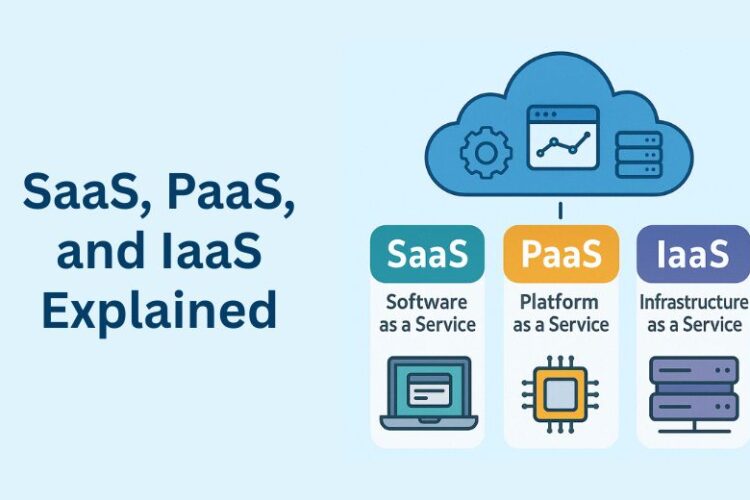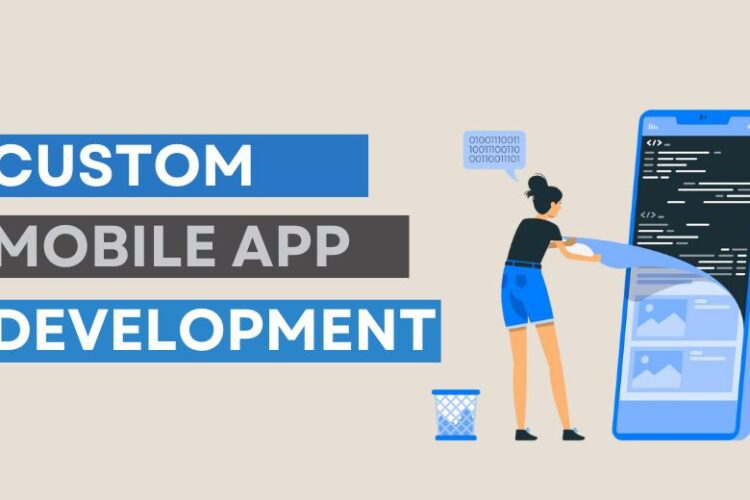Facebook marketing is a tool used to advertise goods, services, and brands with the deliberate use of Facebook networks. Companies set up specialized pages, distribute content, and interact with customers. Facebook’s paid advertising lets campaigns target particular demographics. The platform’s features—such as groups and Messenger—improve direct communication and community building. A Facebook Ads agency also plays a crucial role in enhancing Facebook marketing through strategic planning, creative ad design, precise targeting, budget optimization, analytics, and policy compliance expertise, which eventually results in maximizing campaign effectiveness. In general, Facebook marketing uses a range of tools and techniques within the Facebook ecosystem to drive specific marketing objectives, create meaningful connections, and increase brand awareness.
Table of Contents
- What is Facebook Marketing
- Overview of the Current State of Facebook Marketing
- Importance of Adapting to Evolving Trends
- Emerging Trends in Facebook Advertising
- The Impact of Artificial Intelligence on Facebook Marketing
- The Rise of Social Commerce on Facebook
- Facebook Marketing for Small Business
- Navigating Data Privacy Concerns and Regulations
- The Future of Facebook Analytics and Insights
- Social Responsibility and Branding on Facebook
Overview of the Current State of Facebook Marketing
Facebook marketing is a dynamic landscape, essential for businesses to navigate. With more than 2.8 billion active users each month, it continues to be a crucial medium for promoting brands. The focus of current trends is on interactive ad formats, video marketing, and visual content. With the help of the platform’s extensive advertising tools, which include analytics and targeted demographics, marketers can hone their tactics. Nonetheless, difficulties like shifting algorithms and privacy issues highlight the necessity of flexibility. To fully realize Facebook’s potential for building brand awareness and customer relationships, Facebook marketing companies need to keep up with the latest developments in the platform, placing a strong emphasis on ethical business practices.
Importance of Adapting to Evolving Trends
In the world of Facebook marketing, it is critical to adjust to changing trends to maintain effectiveness and relevance over time. Businesses can sustain a competitive edge by staying ahead of the curve as user behaviors, algorithms, and features change. Marketers can take advantage of fresh opportunities, connect with more people, and increase engagement by adopting emerging trends. Since algorithms give priority to current best practices, failing to adapt runs the risk of stagnation and diminished visibility. By remaining adaptable, marketers can take advantage of the newest techniques, formats, and tools, matching their campaigns to the expectations of their audience. Ultimately, adapting to shifting trends is critical to maximizing impact and ensuring long-term success on the dynamic Facebook platform, in addition to being a smart strategic decision.
Emerging Trends in Facebook Advertising
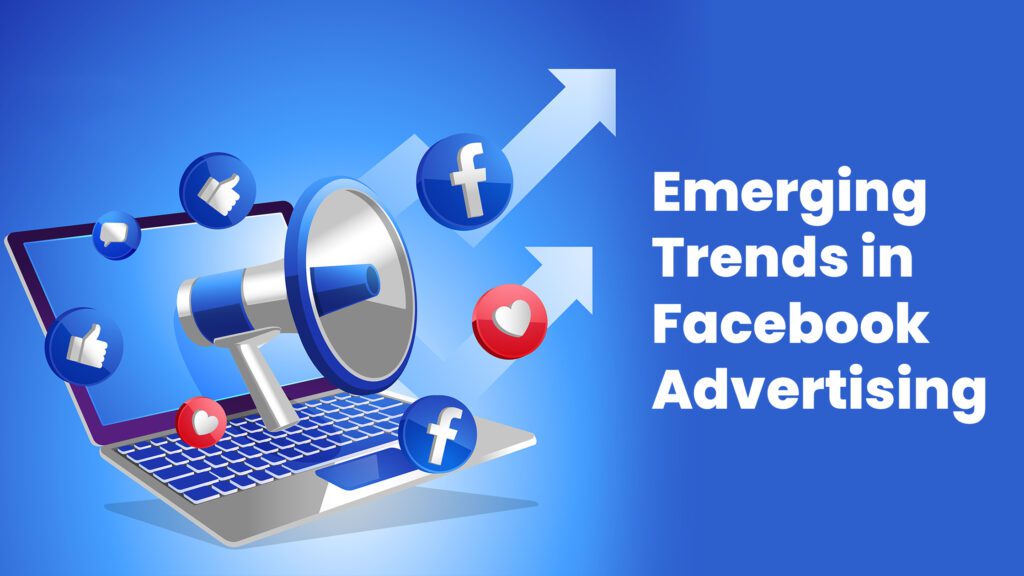
In the ever-evolving landscape of digital marketing, several emerging trends are reshaping the strategies employed by businesses, especially those partnering with a Facebook ads agency. Current trends followed by Facebook ads agencies are:
Dominance of Video Content:
- With a focus on sharing and entertaining videos, video content is prioritized.
- Short-form and live streaming are becoming more popular because they allow for real-time and genuine connections.
Interactive Ad Formats:
- Interactive elements like tests, surveys, and interactive narratives are being used in ads more frequently.
- Improved user engagement and immersion, promoting a two-way dialogue path.
Integration of AR and VR:
- Augmented reality (AR) and virtual reality (VR) technologies are combined to create seamless advertising experiences.
- Brand experiences that are immersive and interactive, letting customers see products in actual situations.
Chatbot and Messenger Advertising:
- More people are using Facebook Messenger to communicate directly with brands.
- Chatbots are essential for customer support, tailored suggestions, and quick transactions.
The Impact of Artificial Intelligence on Facebook Marketing
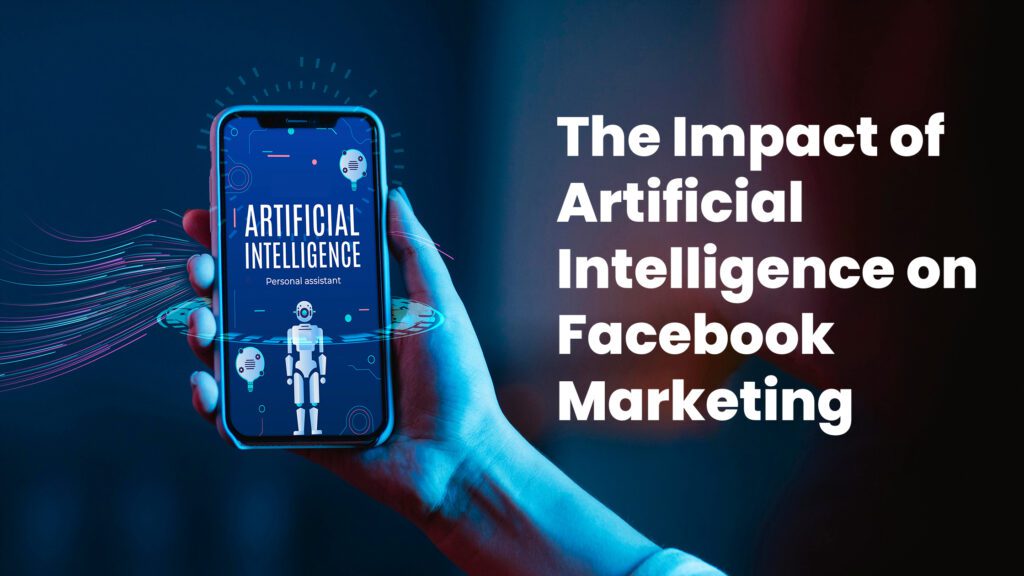
Facebook marketing is being revolutionized by artificial intelligence (AI), which is bringing innovations that are redefining audience engagement and advertising strategy optimization. Three important areas that show the main effects are:
AI-Powered Ad Targeting:
- Algorithms use massive datasets to analyze user interactions, preferences, and behavior.
- To permit accurate ad targeting, guaranteeing that the most pertinent audiences receive content.
- Dynamic retargeting strategies adapt campaigns in real time based on user engagement patterns.
Chatbot Advancements:
- AI-powered chatbots are transforming Facebook customer interactions.
- Instant answers to questions are provided through personalized, real-time interactions.
- Simplify customer service, assist users in navigating procedures, and enable smooth transactions.
Automated Generation and Customization of Content:
- User data is analyzed by AI algorithms to create highly personalized content.
- Automated systems produce customized messages that adjust to the wide range of user preferences.
- Improves user experience through content delivery that speaks to personal interests.
The Rise of Social Commerce on Facebook
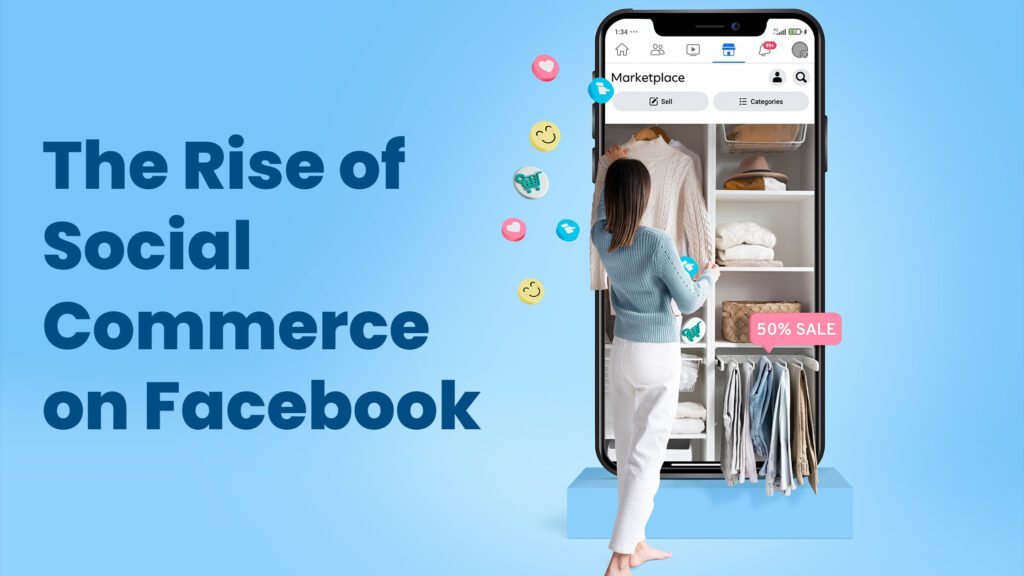
Facebook social commerce is exploding, changing the way companies interact with their customers. Facebook has transformed into a dynamic marketplace with smooth shopping integration, allowing companies to display and sell goods directly on the network. The customer journey is streamlined by this integration, providing a seamless experience from product discovery to purchase. Furthermore, social media influencers’ powerful ability to recommend products has made social commerce on Facebook its main driver. Influencers convert social interactions into profitable transactions by recommending products based on their credibility. Facebook is leading the way in the evolution of social commerce, offering companies never-before-seen chances to take advantage of its massive user base for direct sales as well as brand exposure.
Facebook Marketing for SMEs

For small businesses or SMEs, Facebook marketing is an affordable way to reach and interact with a specific audience. Through the creation of an engaging Facebook page, companies can post updates, feature products, and communicate with clients directly. Targeted advertising enhances brand visibility and facilitates the acquisition of customers by engaging specific demographics. Using Facebook Groups and Messenger, for example, encourages community involvement and direct communication. This platform serves as a scalable and easily accessible marketing channel, facilitating accelerated growth and the cultivation of client relationships. In the competitive digital landscape, Facebook marketing for SMEs becomes a valuable tool for establishing an online presence and building meaningful connections with their audience.
Navigating Data Privacy Concerns and Regulations

Achieving ethical and successful Facebook marketing requires navigating the increasingly complex data privacy regulations and concerns. Here is a review of important factors to think about:
GDPR Compliance:
- Comprehending and following the General Data Protection Regulation’s (GDPR) instructions regarding the gathering and using of user data.
- To guarantee compliance, strong consent procedures, and open data practices should be put in place.
User Data Protection Strategies:
- User data protection strategies include creating and disseminating explicit guidelines on the gathering, storing, and use of user data.
- It prioritizes data security measures, such as encryption and safe storage practices.
Building Trust through Transparency:
- Providing users with clear communication channels regarding data practices to foster trust.
- It gives consumers choices for control and consent, as well as information about how their data is used.
Handling data privacy issues is not only required by law, but it’s also essential to gaining and retaining Facebook audiences’ trust. Marketers can guarantee a safe and reliable environment for their users by adhering to ethical standards and keeping up with changing laws.
The Future of Facebook Analytics and Insights
Cutting-edge technologies are expected to drive a transformative future for the Facebook analytics and insights landscape. Predictive analytics will be used by advanced analytics tools to anticipate trends by delving deeper into user behaviors. With real-time reporting, marketers will be able to make quick, flexible decisions. AI-driven algorithm integration promises immediate, actionable insights with immediate impact. Marketers will have a unified picture of user interactions across multiple channels thanks to cross-platform integration, which will give a comprehensive viewpoint. Granular user segmentation will also make it possible to get more individualized and targeted insights, which will help to optimize strategies. Future analytics and insights on Facebook promise accuracy, flexibility, and a better comprehension of user behavior for tactical advantage as the social media platform develops into a more advanced marketing tool.
Social Responsibility and Branding on Facebook
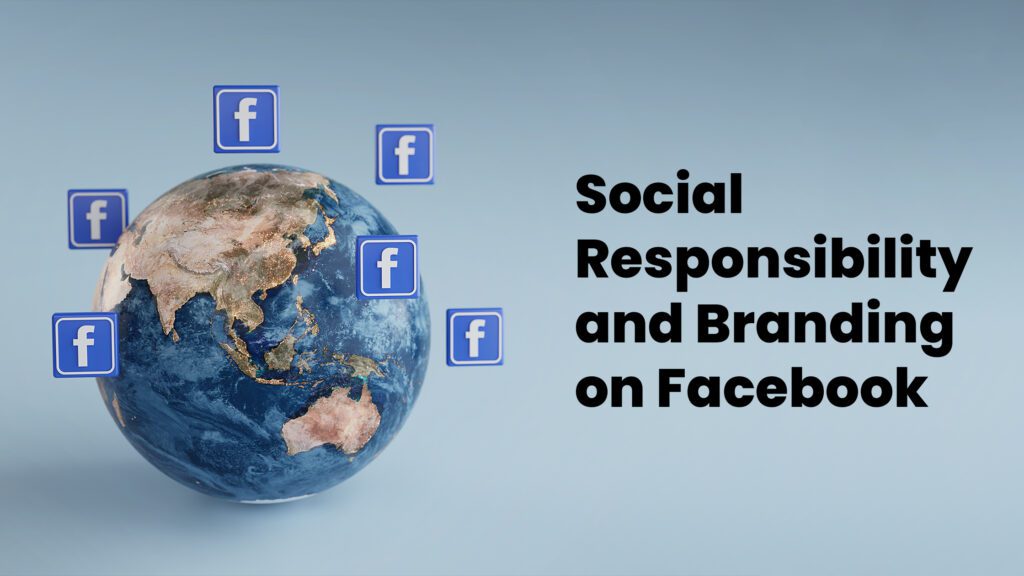
A consumer base that values moral behavior and purpose-driven engagement has made the incorporation of social responsibility into Facebook branding and is considered one of the best Facebook marketing strategies of 2024. Businesses should start by aligning themselves with values and social causes that resonate with their target audience to develop a purposeful brand identity.
Facebook is an excellent communication tool, which makes it the ideal medium for spreading this message. It can be used by brands to tell narratives that highlight their commitment to enhancing the environment and society. In a socially conscious market, communication transparency is essential to establishing trust.
Businesses use Facebook as a platform to publicly discuss their social responsibility programs, giving viewers a behind-the-scenes peek at their work and the observable results of their dedication to different causes. Brands can establish a genuine connection with their audience by cultivating a culture of transparency and accountability. The audience is increasingly inclined to support companies that align with their values.
Community involvement is the cornerstone of Facebook’s social responsibility branding. To maximize the impact of their efforts, brands actively support and participate in community initiatives and encourage user-generated content. Through the establishment of a common goal and the invitation to participate in worthwhile projects, brands enhance their relationship with customers who place a high importance on corporate social responsibility.
Conclusion
In conclusion, Facebook marketing has a bright future ahead of it for those who can adapt to change and be creative. The increasing popularity of video content, the integration of artificial intelligence, and the expansion of social commerce all indicate a dynamic change in digital marketing strategies. To create lasting relationships, marketers need to adjust to these changing trends and place a higher priority on individualized engagement and moral behavior. Agile decision-making will be facilitated by real-time insights as analytics tools advance. Facebook marketing’s future lies not only in reaching audiences but also in fostering real, goal-driven interactions. Businesses can position themselves for success in the rapidly changing digital era by navigating these trends with creativity, transparency, and a commitment to social responsibility. In this era, sustained relevance and impact will be determined by the ability to connect meaningfully with audiences.



